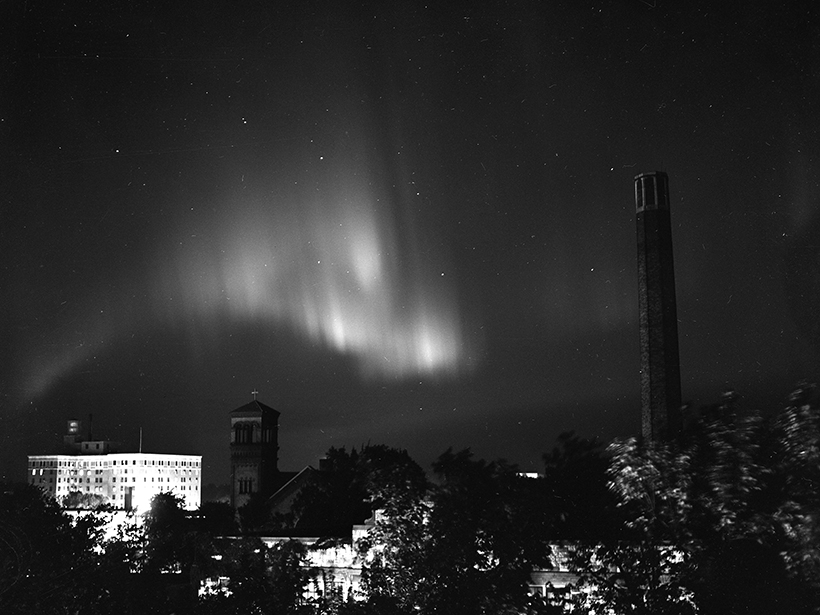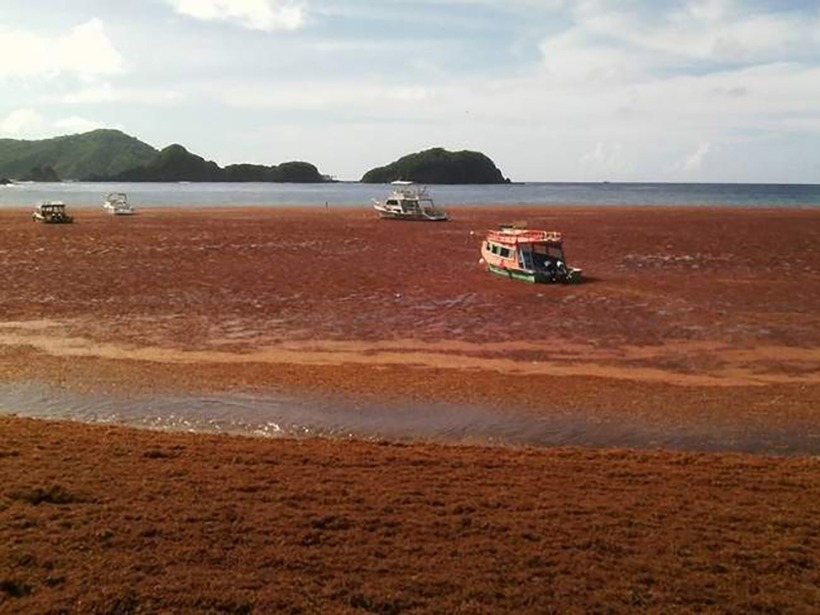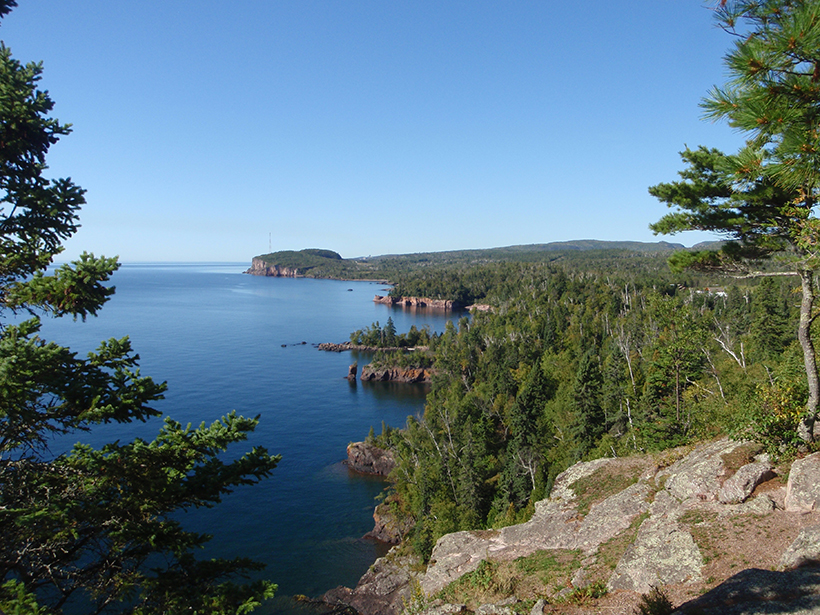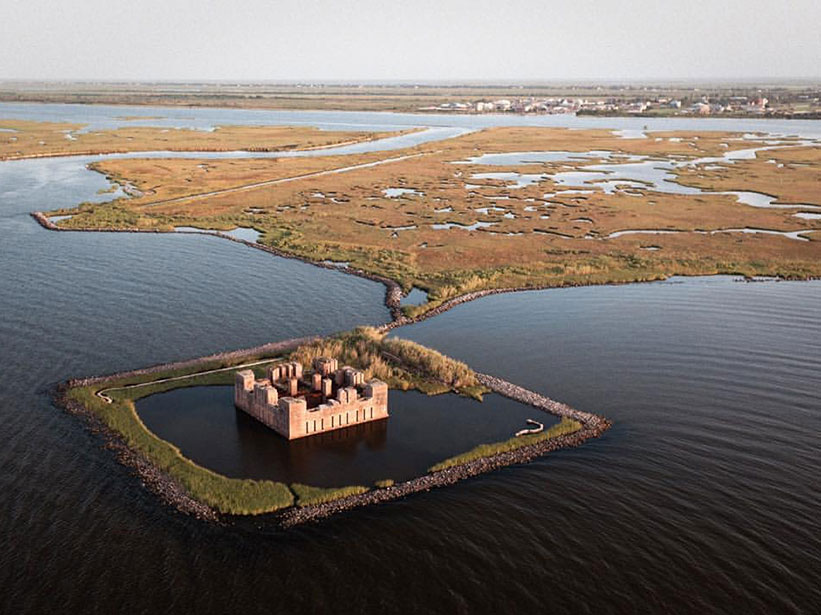You'll find your best career fit where your skills, your motivations, and the available jobs meet.
Features
Evaluating Highest Temperature Extremes in the Antarctic
The record high temperature for regions south of 60°S latitude is a balmy 19.8°C (67.6°F), recorded 30 January 1982 at a research station on Signy Island.
Data Illuminate a Mountain of Molehills Facing Women Scientists
From the peer-review process to our very concept of what it means to be brilliant, studies show that women face subtle biases and structural barriers to success in the geosciences.
A Meeting That Helped Foster the Acceptance of Global Tectonics
Fifty years ago, in the United States added their heft to a theory with profound implications: Earth's ocean crust recycles itself on a global scale, and continents move across the face of the planet.
Interviewing 101: Navigating the Four-Step Process
Think of the interview like a dance of words. And like many dances, there are a few patches of tricky footwork.
Thirteen Ghoulish Place-Names Across the Globe
Feeling devilish this Halloween? Open a map.
The Geomagnetic Blitz of September 1941
Seventy-five years ago next week, a massive geomagnetic storm disrupted electrical power, interrupted radio broadcasts, and illuminated the night sky in a World War II battle theater.
Sargassum Watch Warns of Incoming Seaweed
The Sargassum Watch System processes satellite data and feeds results to a Web portal, giving decision makers timely information on seaweed location and warnings for potential beaching events.
New Insights into North America’s Midcontinent Rift
The Midcontinent Rift has characteristics of a large igneous province, causing geologists to rethink some long-standing assumptions about how this giant feature formed.
Global Risks and Research Priorities for Coastal Subsidence
Some of the world's largest cities are sinking faster than the oceans are rising. Humans are part of the problem, but we can also be part of the solution through monitoring and modeling.










